Anthony Albanese’s AUKUS meetings stifled by congress chaos
Anthony Albanese’s plans to meet key legislators and seal AUKUS backing are not locked in amid chaos in appointing a new US Speaker.
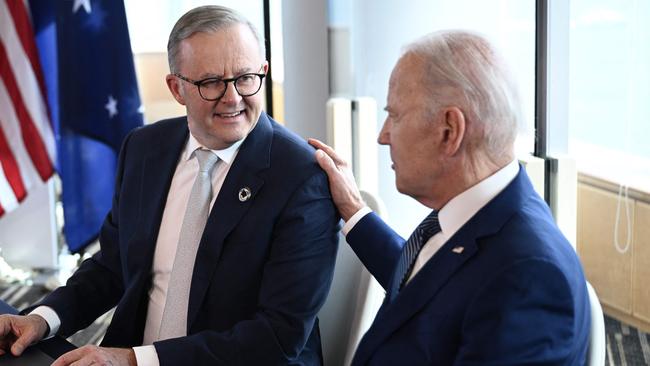
Anthony Albanese’s plans to meet with legislators and smooth over concerns about the AUKUS nuclear submarine deal during his four-day visit to Washington have not been locked in amid chaos and delays in appointing a new US Speaker of the House of Representatives.
The Prime Minister, who is expected to strike new deals on critical minerals and clean energy with US President Joe Biden next week, will meet with key congress figures to help expedite legislative changes and make AUKUS fully operational.
The leading candidate for Speaker of the House of Representatives, hardline Republican Jim Jordan, on Thursday (Friday AEDT) said that he still intended to seek the speakership despite failing in two floor votes this week to secure the required number of votes.
The dysfunction in America’s second arm of government makes it unclear who Mr Albanese would meet, at least among Republicans, who have a majority in the House of Representatives but not the Senate.
Mr Albanese’s Washington trip will be headlined by an official state dinner hosted by Mr Biden at the White House South Lawn pavilion, which will be attended by prominent business, defence, diplomatic and political figures.
The full-day program for the White House state visit on Wednesday (Thursday AEDT) includes a formal arrival ceremony and speeches, meetings in the Oval Office and Cabinet room with Mr Biden and secretaries, a joint media conference and state dinner. Donald Trump previously held a state dinner for Scott Morrison in 2019.
Ambassador Kevin Rudd, who will join Mr Albanese in opening the new Australian embassy on Tuesday (Wednesday AEDT), last week spoke publicly about mounting concerns Congress wasn’t moving fast enough to make legislative changes allowing the transfer of advanced defence technology promised under the AUKUS pact.
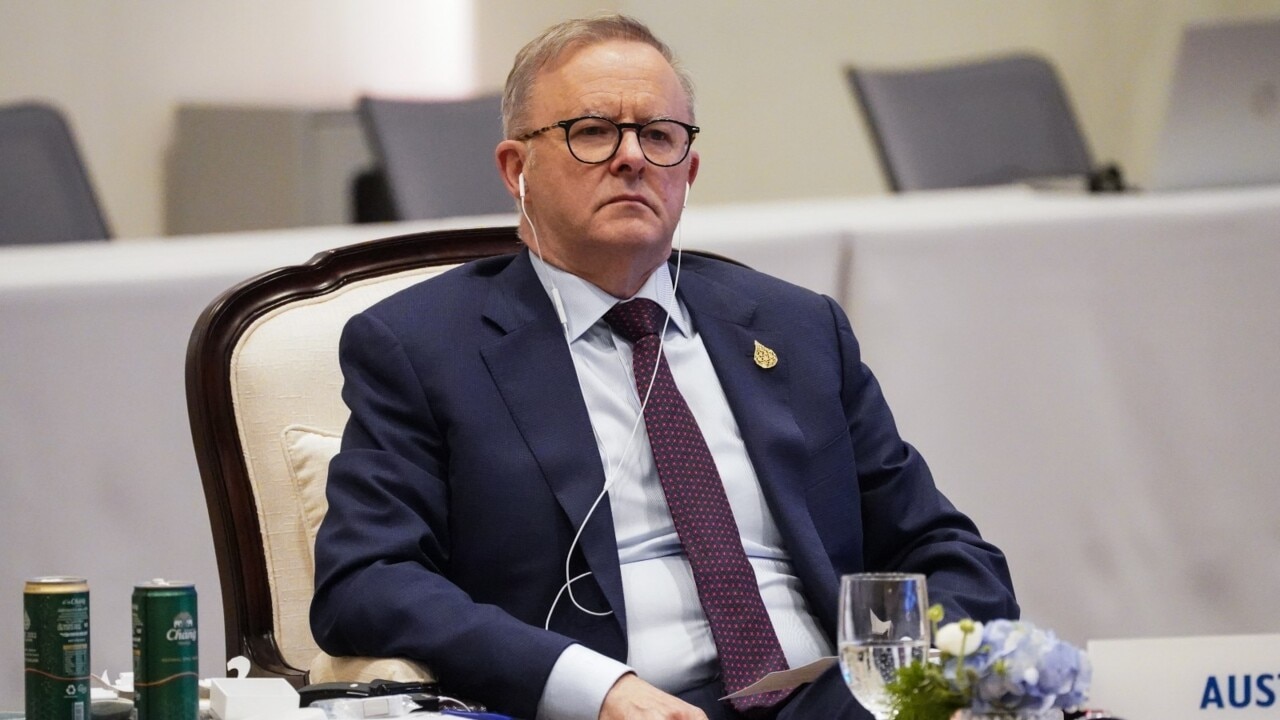
The Weekend Australian understands that Mr Albanese, who will be accompanied to Washington by partner Jodie Haydon, will meet with the Friends of Australia caucus, a small bipartisan group of congressmen.
Mr Albanese, who ahead of the trip said Australian and US officials were focused on “building an alliance for the future”, is expected to make announcements around critical minerals, climate action, clean energy and Australia’s response to Mr Biden’s $3bn Inflation Reduction Act.
The Climate, Critical Minerals and Clean Energy Transformation Compact, announced by Mr Albanese and Mr Biden on the sidelines of the G7 Hiroshima summit in May, will be advanced in relation to business engagement, Australia’s commitment to step-up as a clean energy powerhouse and strengthening innovation links. There will also be announcements around showcasing new Defence Industry commercial activity.
Mr Albanese and Mr Biden, who will meet for the ninth time since last year’s election, are expected to discuss the implementation of AUKUS as well as global developments including the unfolding crisis in the Middle East, China and supporting ongoing stability in the Indo-Pacific region. It is unclear whether Mr Albanese will raise the release of WikiLeaks founder Julian Assange, who is in a London prison fighting extradition to the US.
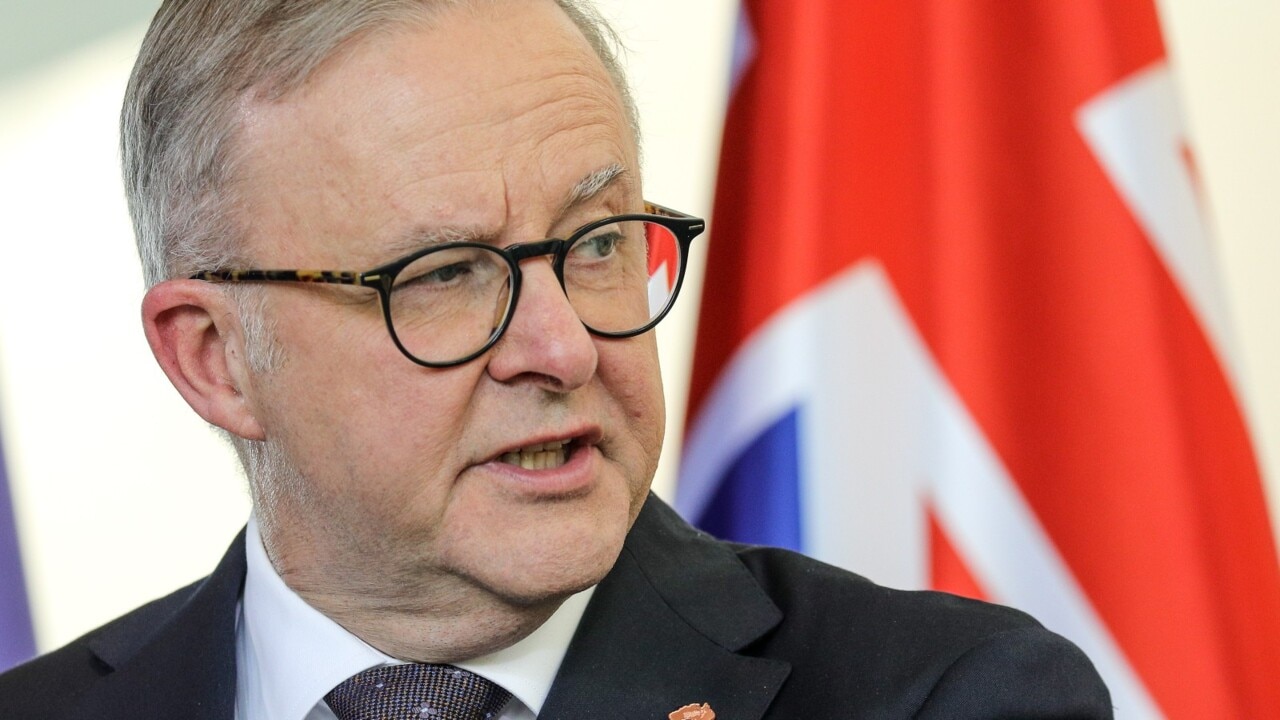
Mr Albanese is expected to visit Arlington National Cemetery, attend a lunch at the US State Department, lead a critical minerals round table with Resources Minister Madeleine King and support an Australian innovation showcase event. Australian business leaders from across banking, resources and tech, some who are travelling as part of a delegation and others based in the US, will take part in select events.
Mr Albanese’s visit comes amid chaos on Capitol Hill, with House Republicans at loggerheads over who should succeed former Speaker Kevin McCarthy, whom a small group of Republicans removed over two-weeks-ago in a historic vote.
A plan to give the temporary Speaker, Republican Patrick McHenry, more powers to enable the passage of legislation and amendments, also appeared to collapse on Thursday.
“I am still running for speaker, and I plan to go to the floor and get the votes and win this race,” a defiant Mr Jordan said after leaving a heated closed-door meeting of House Republicans.
The Ohio congressman, who attracted, successively, 200 and then 199 votes on the House, said the plan to empower the temporary Speaker, which some of his colleagues argued was a better option than the likelihood of further inconclusive – and politically damaging – votes on the House floor, did not have the support of the conference.
Any speaker candidate needs to secure 217 votes on the House floor, implying the Republican candidate can only afford to lose a handful of Republican votes, assuming all Democrats vote for their own nominee, which they have in all ballots so far.

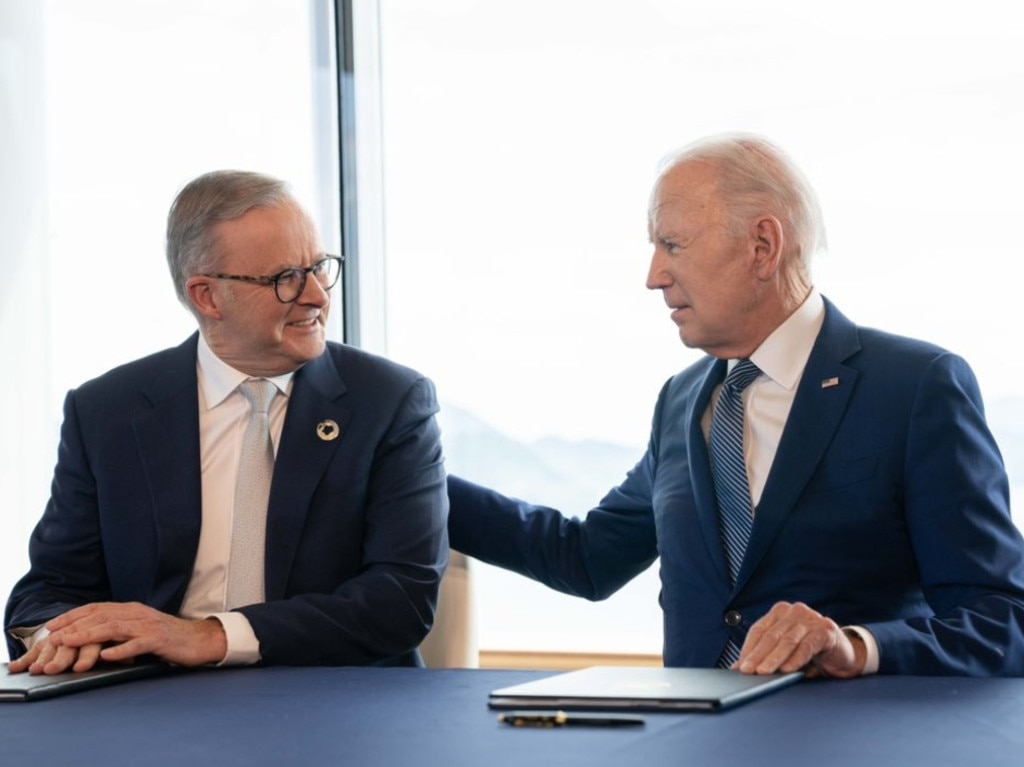

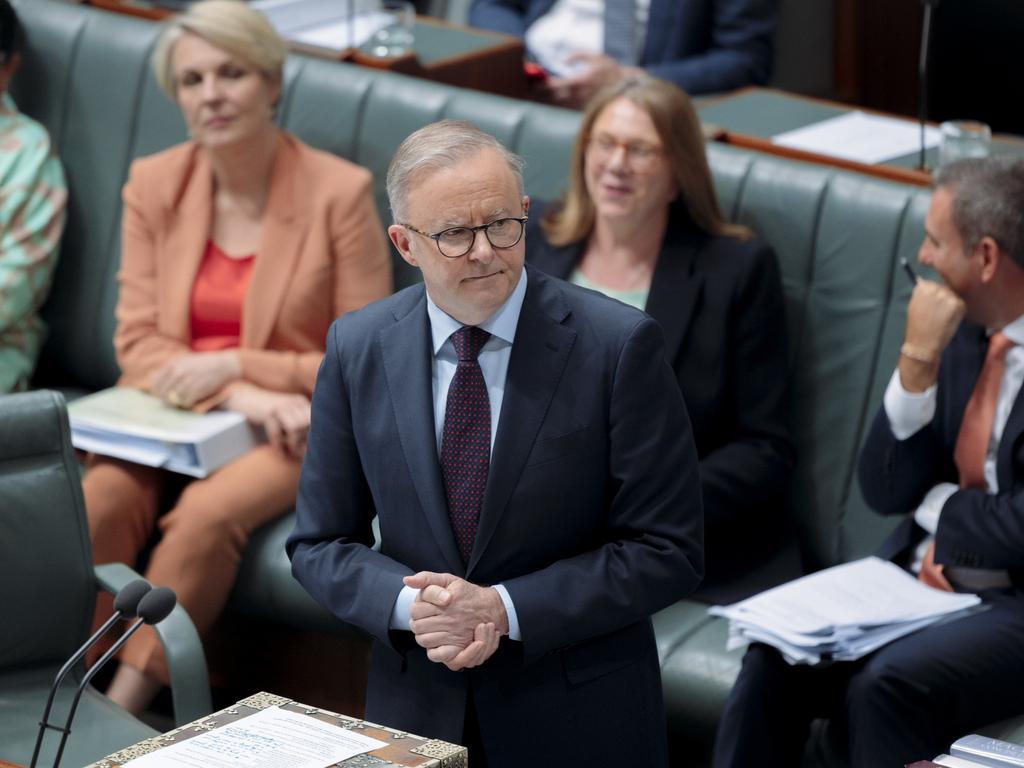

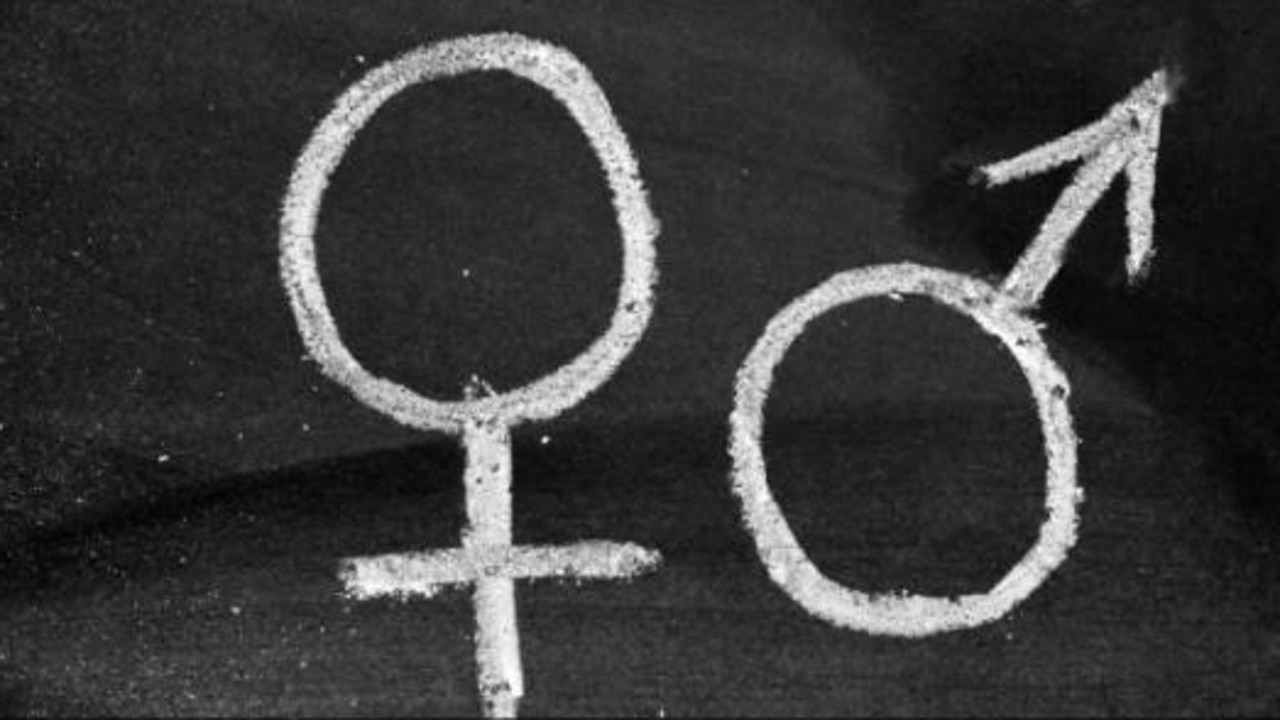
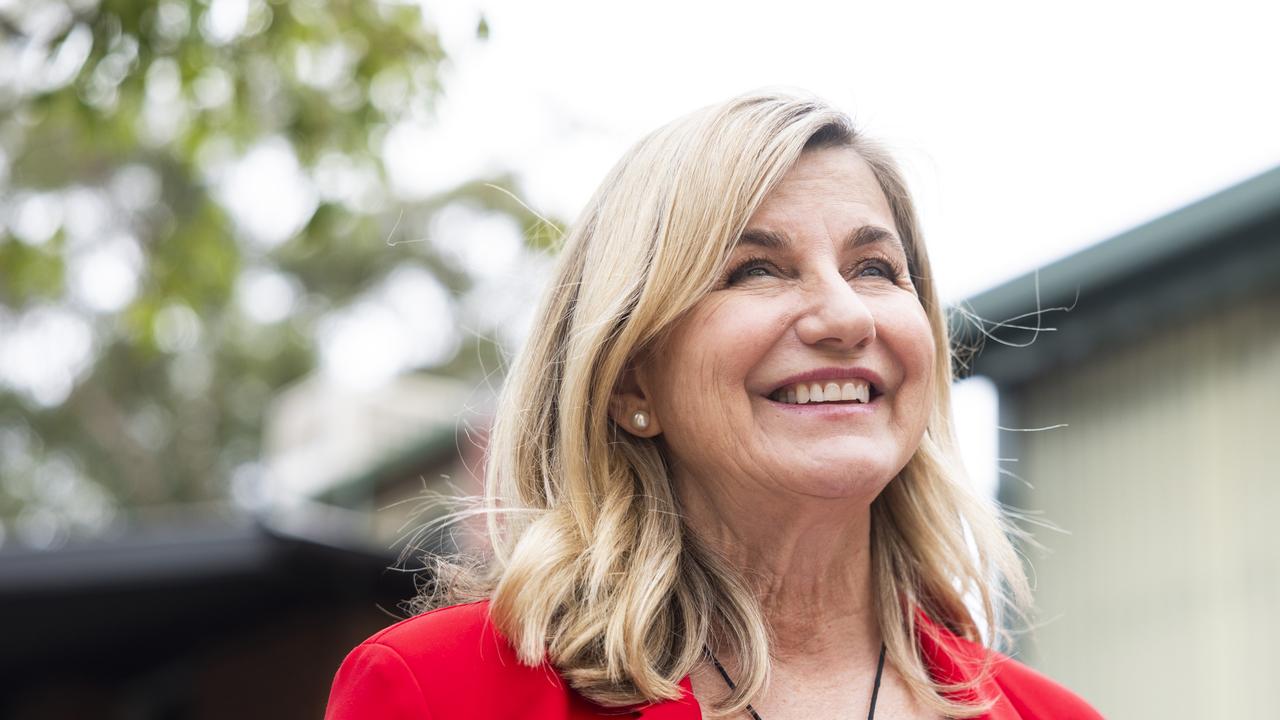
To join the conversation, please log in. Don't have an account? Register
Join the conversation, you are commenting as Logout